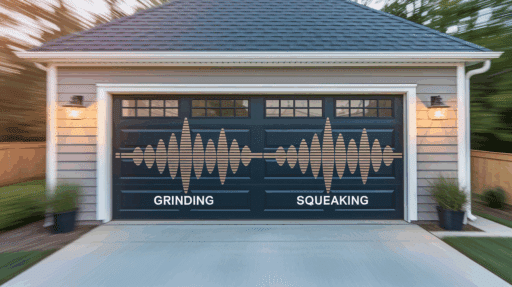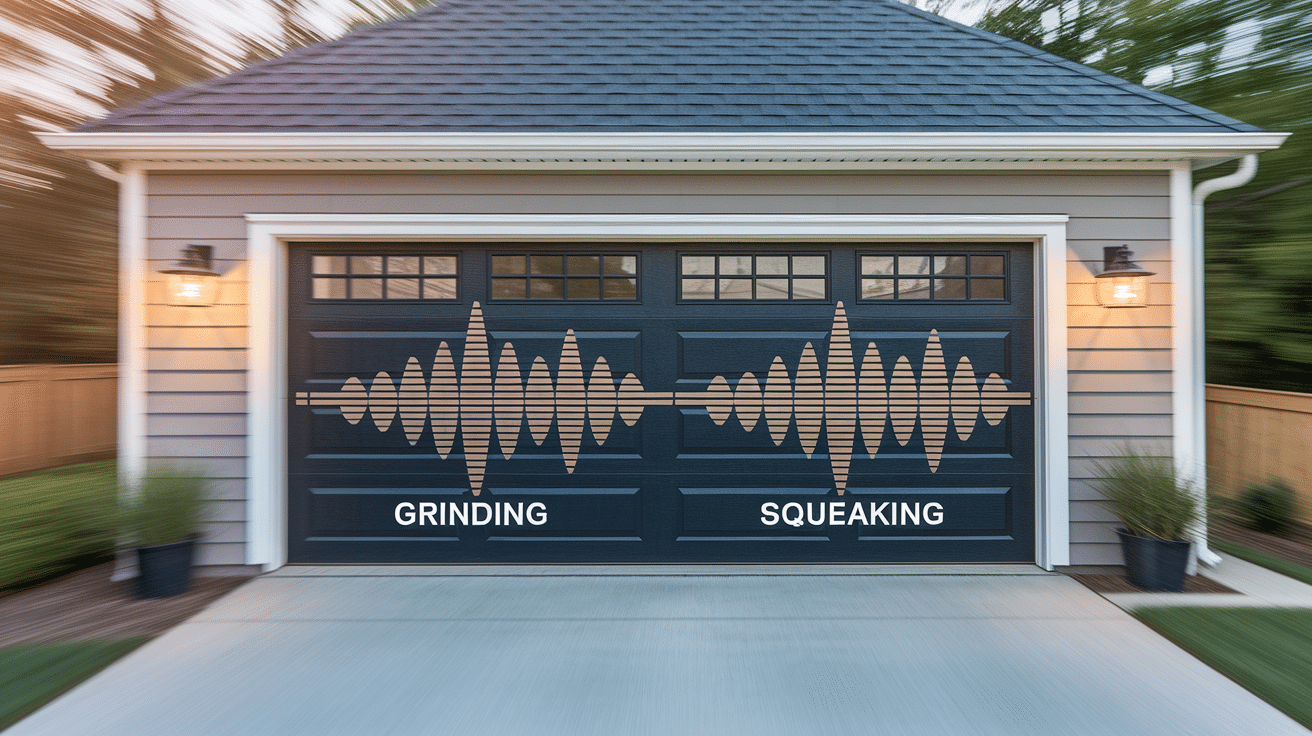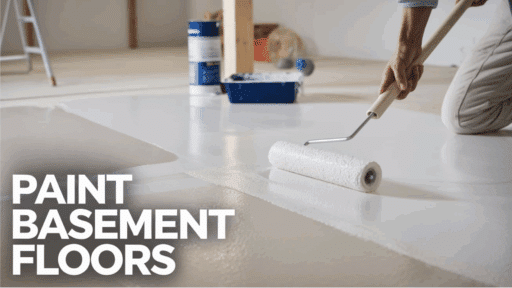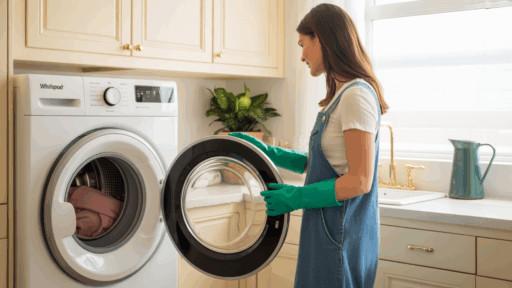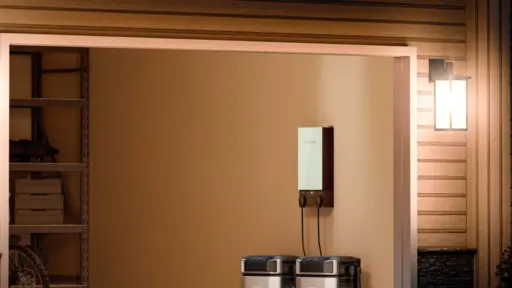If your garage door sounds more like a freight train than a smoothly operating mechanism, you’re not alone. Many homeowners across the country deal with noisy garage doors—but the good news is, it’s usually an easy fix and we’re here to help you understand the common causes behind a loud garage door and what you can do to make it whisper-quiet again.
Common Reasons Why Your Garage Door Is So Loud
1. Lack of Lubrication
One of the most common culprits behind a noisy garage door is lack of lubrication. Just like any mechanical system, garage doors have moving parts that need to be well-lubricated to function smoothly.
What to do:
- Use a silicone-based lubricant (not WD-40) on the rollers, hinges, springs, and tracks.
- Make this part of your seasonal home maintenance checklist.
2. Worn-Out Rollers
Over time, rollers—especially metal ones—can wear out and cause a rattling or grinding sound. If you hear a rhythmic thumping or clattering, your rollers may be the problem.
What to do:
- Inspect your rollers. If they’re chipped or rusted, it’s time to replace them.
- Consider upgrading to nylon rollers, which are quieter and require less maintenance.
3. Loose Nuts, Bolts, or Hinges
Garage doors go through hundreds of cycles each year. All that motion can cause the hardware to loosen over time, which leads to vibrations and noise.
What to do:
- Carefully inspect all the nuts and bolts on your garage door system.
- Tighten any loose ones with a socket wrench. (Just don’t overtighten—this can strip the threads.)
4. Old or Worn-Out Springs
Springs do the heavy lifting of raising and lowering your garage door. If they’re worn or improperly tensioned, they can make your system very noisy—and potentially unsafe.
What to do:
- Never attempt to repair or replace springs yourself—this can be dangerous.
- Call a professional garage door repair company to safely inspect and replace your springs if needed.
5. Unbalanced Garage Door
An unbalanced garage door puts extra strain on the opener and springs, which can cause excessive noise and lead to premature wear.
What to do:
- Disconnect the opener and manually lift the door halfway.
- If it doesn’t stay in place, your door is likely unbalanced and needs professional adjustment.
6. Noisy Garage Door Opener
Sometimes the noise isn’t from the door itself—it’s the opener. Chain-driven openers are particularly noisy, while belt-driven models are significantly quieter.
What to do:
- Have a technician inspect your opener to determine the source of the noise.
- Consider upgrading to a quieter belt-drive opener for a more peaceful garage experience.
How to Quiet a Noisy Garage Door in 5 Steps
If you’re dealing with a noisy garage door, try these five quick steps to quiet things down:
- Tighten all hardware using a socket wrench.
- Lubricate moving parts with silicone-based spray.
- Replace worn rollers with quiet nylon ones.
- Check the balance of the door by manually testing it.
- Call a pro if springs or openers need attention.
These simple fixes can dramatically reduce the noise and extend the life of your garage door system.
When to Call in the Pros
While a bit of noise might just mean some tightening or lubrication is needed, louder and more persistent sounds can signal deeper issues. If you hear:
- Grinding or screeching
- Popping or snapping
- Sudden loud bangs
It’s time to bring in an expert. These sounds may indicate spring failure, cable damage, or motor issues that shouldn’t be handled without proper training.
A trusted garage door repair company that believes in fast, reliable service with a smile.
Final Thoughts
A loud garage door might seem like just an annoyance, but it could be a sign that your system needs a little TLC—or even a safety hazard in the making. Routine maintenance, proper lubrication, and timely repairs can go a long way in keeping your garage door running quietly and efficiently.
Don’t wait until a minor squeak turns into a major repair. Contact a garage door pro today for quick and professional service.

